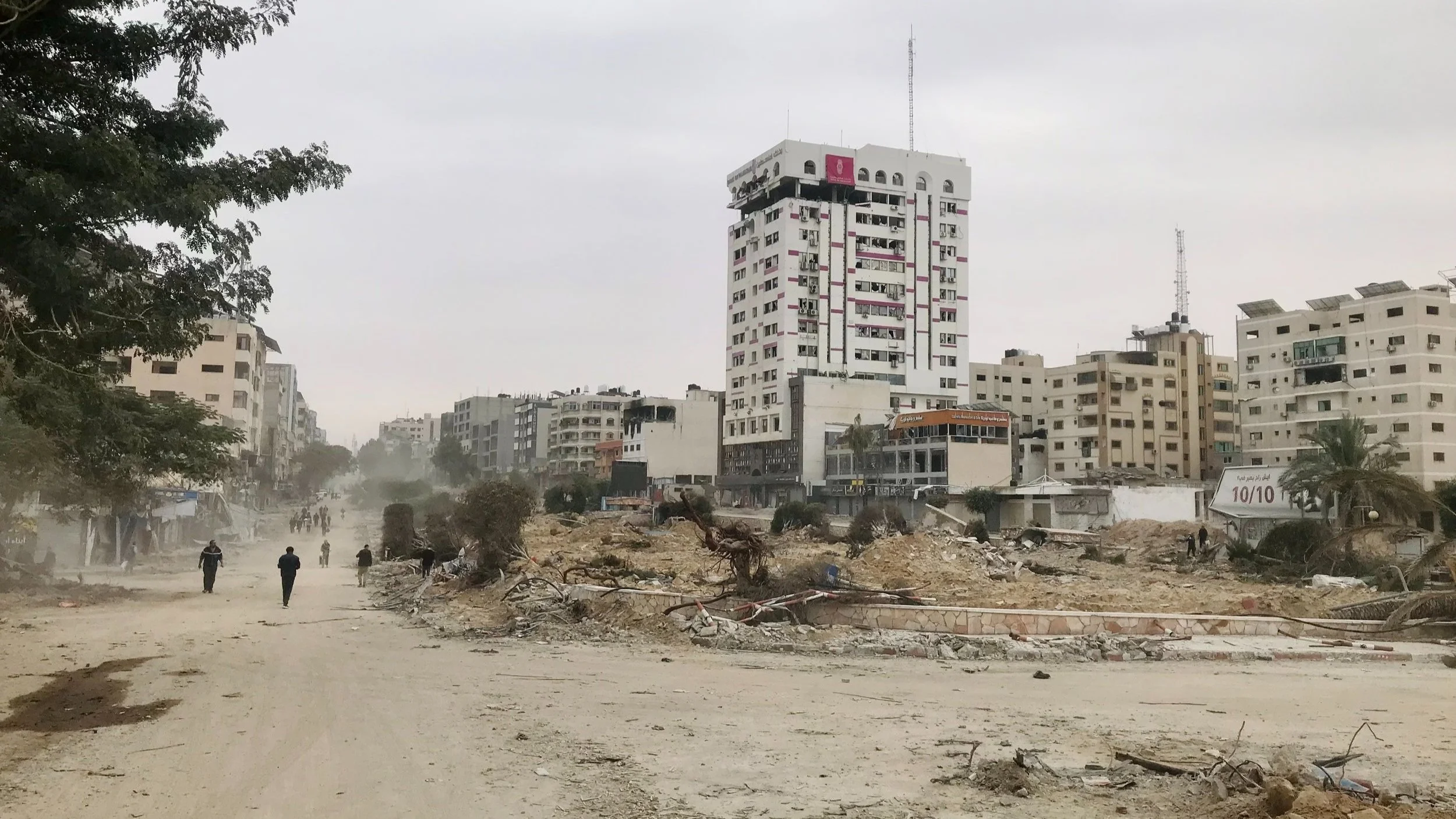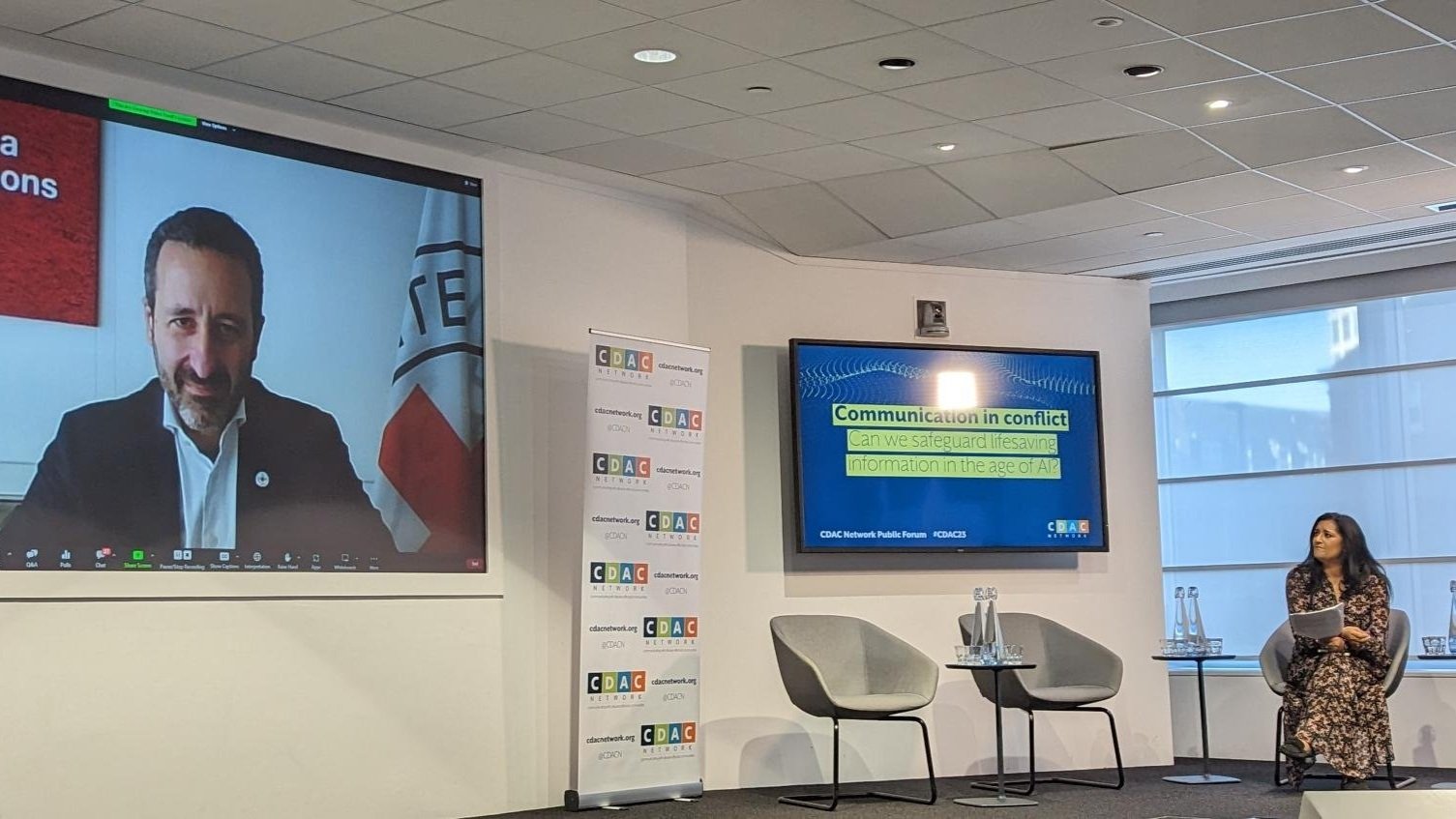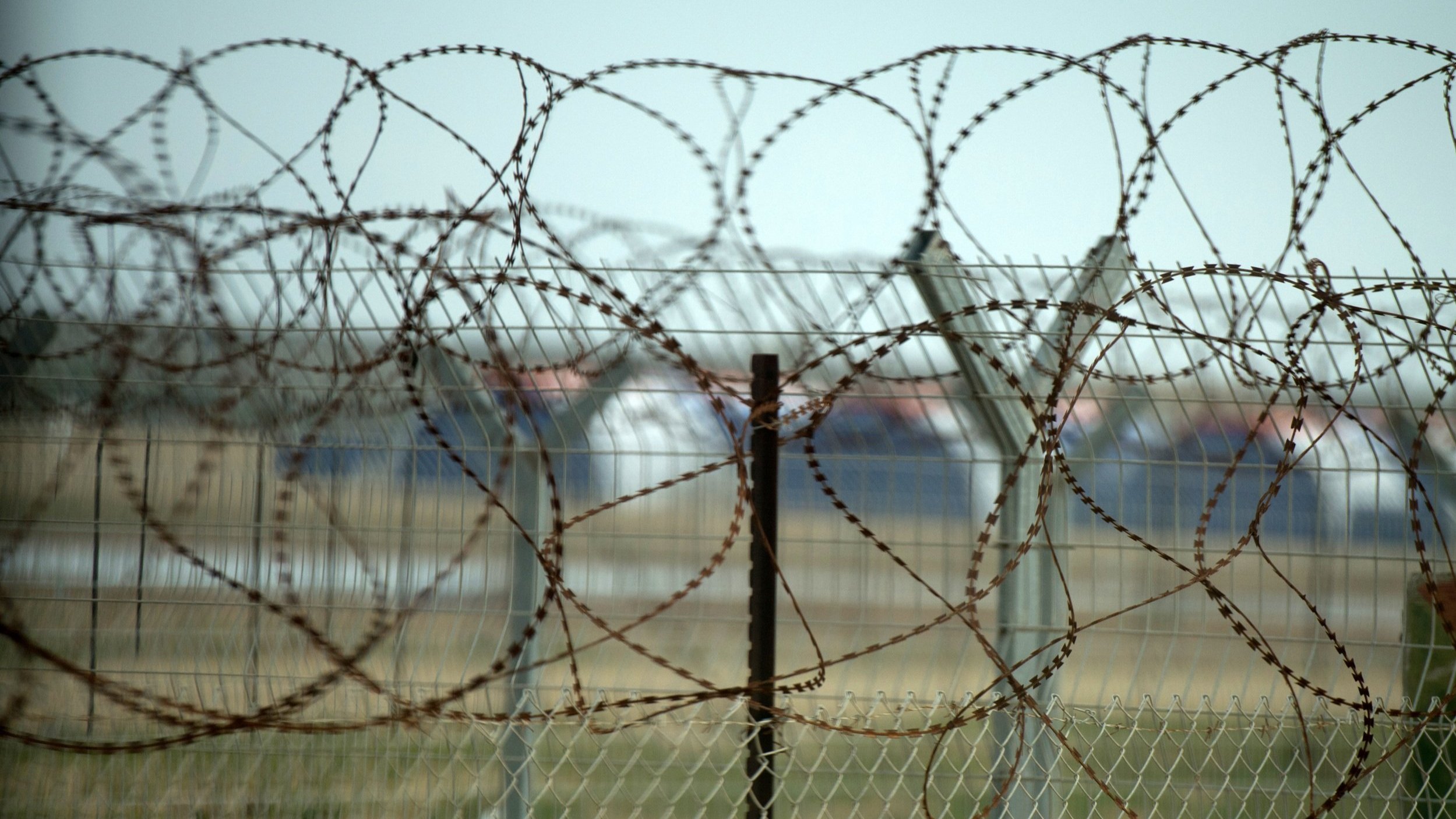Urgent call to prioritise communication in Gaza
Communication is severely restricted in Gaza. People caught in the conflict cannot access the information they need. They cannot reach loved ones.
Disinformation, rumours and hate speech have festered on social media, overwhelming content verification teams, fact-checkers and journalists and making assessing humanitarian needs harder.
Trusted information sources are shrinking and independent media is under threat, with 64 journalists killed since 7 October in Gaza – more than in any other conflict in the last 30 years.
The cost of ignoring this is high. Warnings of attacks and evacuation orders are often issued through digital channels, which are inaccessible due to the lack of connectivity. Harmful accusations discrediting humanitarian actors have escalated. Failure to re-establish communication will continue to erode civil order, further challenging operations and physical access for aid convoys.
CDAC Network issues an urgent call to let Gazans speak, connect with one another and make informed decisions:
Ensure resources are allocated for communication services to restore access to life-saving information now.
Allocate fuel and electricity for telecommunications services and advocate to enable the import of essential equipment, including radio broadcast equipment.
Plan funding for aid mechanisms to better listen to Gazans, to respond to their needs and course correct very rapidly. Prioritise hearing views from children, carers, women and elders.
Prioritise data on information and communications systems, preferences and access to enable appropriate response
Include information and telecommunications in humanitarian access negotiations. Ensure inclusion of safe corridors for engineers to repair damaged networks, and secure guarantees against interference with humanitarian telecommunications, whether physical or cyber interception.
Prioritise effective community engagement to counter harmful narratives and repair trust. Build up existing local resources, cultural practices and trusted local influencers. Analogue, real-world dialogue can contribute as an antidote to damaging online narratives. Aid actors, if supported, can skill up and coordinate to identify, track and analyse evolving harmful narratives and reduce consequences.
Protect and support journalists and independent media. Guaranteed safety and freedom of expression for journalists in Gaza are non-negotiable and fundamental to peacebuilding in the region. Ensuring that journalists are protected and provided with support to continue their work is of critical importance.



